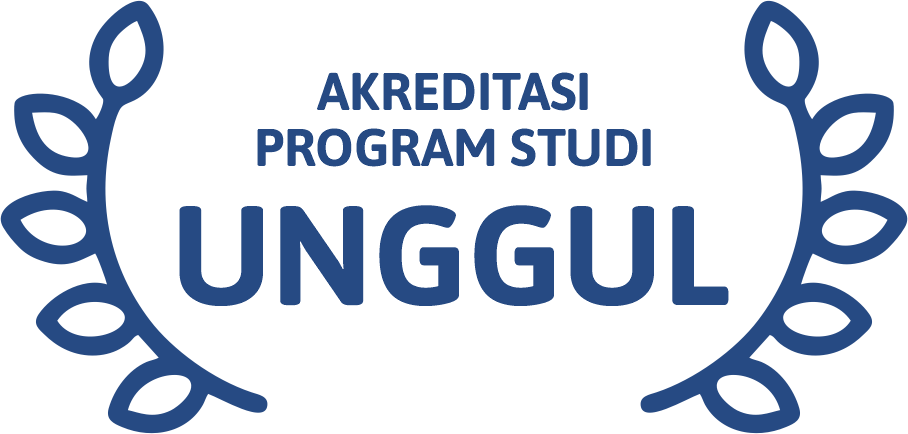Indonesian and Software Illegal
Based on research by the Business Software Alliance (BSA) and Ipsos Public Affairs, Indonesia is ranked seventh in the use of illegal software from 32 countries in the world. This reality is considered by some to be not surprising (Indonesia is imaged as a country that has many copyright infringement). However, it is realized base on this information, it shows that the Indonesian society in terms of the awareness regarding copyright protection are still very weak. Then, what should the government due to solved this problem?
Root of the problem
Based on seventh ranked of Indonesia position in the use of illegal software showing that the root cause of copyright infringement has not been resolved. What exactly is the root of the problem, so that software copyright infringement in Indonesia is still high?
Actually, if we want to examine in depth the root cause of the high level of copyright infringement on this software, it is based on the the lack of a good culture of recognizing, respecting and protecting copyrights. Based on the root of this problem, if it is derived, it can be identified several derivative problems that cause a good copyright culture has not yet been formed, consist of; First, the ineffectiveness of IPR education; Second, there is an ineffective copyright policy; Second, limited human resources and weak professionalism of law enforcement officers in dealing with software copyright infringement; and Third, there are still sporadic and selective actions in the enforcement of copyright law.
The practice of IPR education is not effective, it can be evidenced by the existence of IPR education which tends to be sectoral and partial, and does not hit the target. In the context of formal education, IPR education seems to still be focused on the legal field, while other fields have not been optimized. On the other hand, in the context of informal education, IPR education is more likely to be carried out using a copy-paste system and the delivery of IPR materials tends to be repeated.
Furthermore, in the context of the second root causes, nowadays the government in an effort to minimize IPR infringement (copyright) has made a policy in the form of forming a National Team for Combating IPR Violations. This team was formed based on Presidential Decree Number. 4 of 2006. However, from the membership of the team, it can be seen that the members involved are mostly state officials who incidentally do not have time to carry out team duties. As a result, in its implementation, this policy seems ineffective.
The weakness of law enforcement officers in the field of intellectual property rights is the next derivative problem from the lack of a good copyright culture. In fact, it was found that law enforcement officers who handled cases of IPR infringement were unable to distinguish between the cases being categorized as copyright or patent infringement.
This derivative problem is further exacerbated by the presence of other derivative problems in the form of sporadic actions and selective slashing in the enforcement of copyright law. As a result, there is a perception in society that the government especially law enforcers doesn’t have any seriousness in enforcing copyright law.
Based on this issues, so that at this time Indonesia has not been able to reduce drastically against acts of software copyright infringement and must remain in a high position for software copyright infringement.
Attitude and Effort
Based on the awareness of the root causes which is still existing and high level of software copyright infringement, so that the government should take responsive and more serious actions. The real form must be shown by real efforts to reduce the level of software copyright infringement. Some of the efforts that the government can take for this are:
First, review and improve the education system and awareness of copyright (IPR) to the public. Copyright (HKI) which was originally only given to the law faculty, now is the time to give it to other faculties. Even if it is possible, copyright (IPR) can also be granted to lower levels of education (read: Primary School, JHS, and SHS). Socialization activities are more intensified and carried out in a more planned manner.
Second, reviewing every policy in the context of overcoming copyright infringement (IPR). This study certainly must arrive at a real discovery of the problem of ineffective policies. The government must be firm and bold to improve its policies. In addition, a policy of overcoming IPR infringement (copyright) that can reach IPR (copyright) violations in the regions should be made immediately.
Third, improve copyright law enforcement methods into systemic and consistent law enforcement. In this case, the government must consistently increase the number and professionalism of law enforcement officers. In addition, it is also important to have a form of reward for law enforcers who professionally enforce copyright law while being able to create a sense of substantive justice to the community.
In the end, through responsiveness and government efforts, it is hoped that in the future software copyright infringement by the Indonesian people will drastically decrease and this will also mark the creation of a good copyright culture.
Prof. Dr. Budi Agus Riswandi, S.H., M.Hum.
Director of Intellectual Property Rights Center
Faculty of Law UII Yogyakarta







